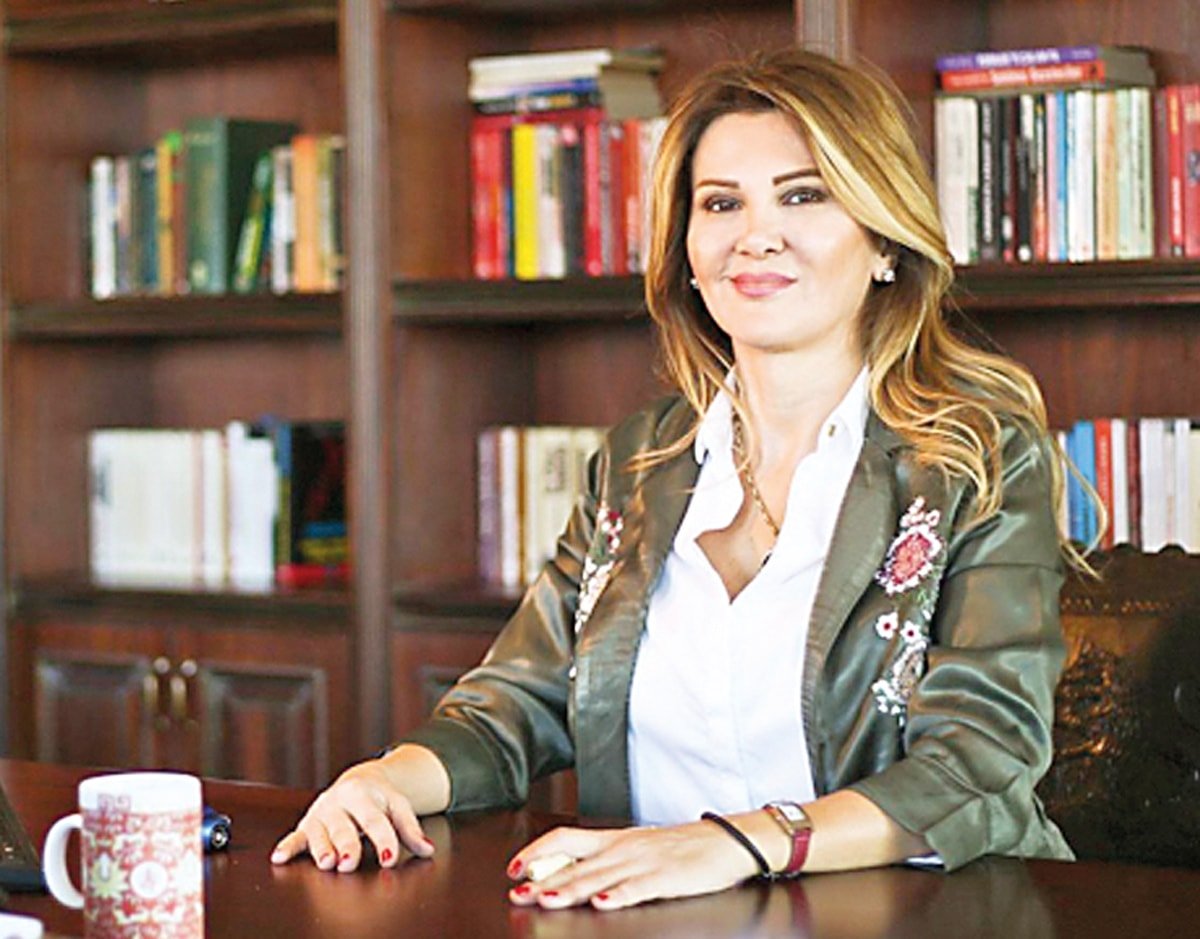How is your brain doing?

Our mental health has a huge impact on our lifespan.
Neurology Specialist Prof. Dr. Derya Uludüz says, “It is important to give positive answers to these questions.”
- As we age, can our brains progress at the same speed and power as we do?
- Are our muscles still strong?
- Can our balance system protect us?
- Do the names of our loved ones remain in our memory?
- Does our state of mind allow us to connect with life?

WHAT IS NEURO-LONGEVITY?Neurology Specialist Prof. Dr. Derya Uludüz
Life is getting longer, yes, but for this journey to be meaningful, the brain must come with us.
Neuro-longevity exists to provide exactly this...
Neuro-longevity is delaying brain aging and preserving cognitive functions.
Mental clarity, strong memory, a solid balance system, strong muscles, a pain-free life, emotional
resilience and maintaining social connections... All of these are within the scope of neuro-longevity...
The future of your brain starts todayProtecting your brain health shouldn't just happen in old age; it should start from a young age. By integrating neuro-longevity principles into your life, you can maintain mental sharpness and achieve long-lasting brain health. Here they are…
A balanced diet is importantFor brain health, you should consume foods rich in antioxidants, healthy fats, and neuroprotective compounds.
Omega-3 sources:
Salmon, walnuts, flaxseed.
Antioxidants:
Blueberries, green tea, turmeric.
Foods containing magnesium and vitamin B:
Avocados, almonds, dark green leafy vegetables.
Additionally, by reducing your intake of sugar and processed carbohydrates, you can prevent brain fog and cognitive clouding.
If the brain slows down, the whole rhythm of life is disrupted.Today we know that the most determining organ of aging is the brain.
The heart beats, the lungs breathe, and the stomach functions, but when the brain begins to slow down, the entire rhythm of life is disrupted. Therefore, if we aim for the longevity approach, which we call longevity, this goal will be incomplete without neuro-longevity.
Lifestyle is as effective as genesGenetic inheritance is effective, but the choices we make up to this age, how we eat, how much we sleep, how much we move, how we cope with stress, and our social relationships also affect the rate at which our brain ages.
When do the first signals appear?It may come as a surprise, but the first signs of brain aging begin around the age of 35.
This means that during our younger years, we are unconsciously shaping the fate of our brain and health.
What should we do?When we think of health, we often think of going to the doctor when we have complaints. However, delaying treatment for brain health can be irreversible. Insidious diseases like Alzheimer's and Parkinson's can cause significant brain tissue loss before they're detected. However, lifestyle changes can be preventative while still healthy.
Don't stay sleeplessSleep is the process by which the brain detoxifies and transfers information to long-term memory. Getting at least 7-8 hours of quality sleep a day is one of the most effective ways to protect your brain health.
Here are the tips...- Create a melatonin-friendly environment: Reduce blue light, darken your room.
- Develop a sleep routine:
Try to go to bed and wake up at the same times.
- Do not consume caffeine in the evening:
Drink herbal teas to relax your brain. In moderation, of course. Insomnia can increase the risk of dementia and Alzheimer's.
Managing stress is essentialChronic stress can damage brain cells by raising cortisol levels.
Ways to reduce:
- Do meditation and breathing exercises.
- Express your feelings by keeping a journal.
- Strengthen your social ties.
Remember! Excessive stress can lead to memory loss and concentration problems.
The power of movementPhysical exercise is one of the most powerful tools to keep your brain young.
Here are the benefits:
- Increases the BDNF hormone that renews brain cells.
- Improves your mood by supporting the production of dopamine and serotonin.
- Reduces stress hormones and strengthens memory.
Running and walking – Increases blood circulation.
Yoga and meditation – Reduces stress and calms the mind.
Weight training – Supports cognitive functions.
Just exercising your muscles is not enough!The brain needs to be exercised just like a muscle! Mental activities help strengthen memory and cognitive functions.
Suggestions for brain exercises- Learn a new language.
- Play chess, sudoku or solve crossword puzzles.
- Listen to different types of music and try playing instruments.
- Take different routes to home, work and shopping; do not always use the same route.
SÖZCÜ




